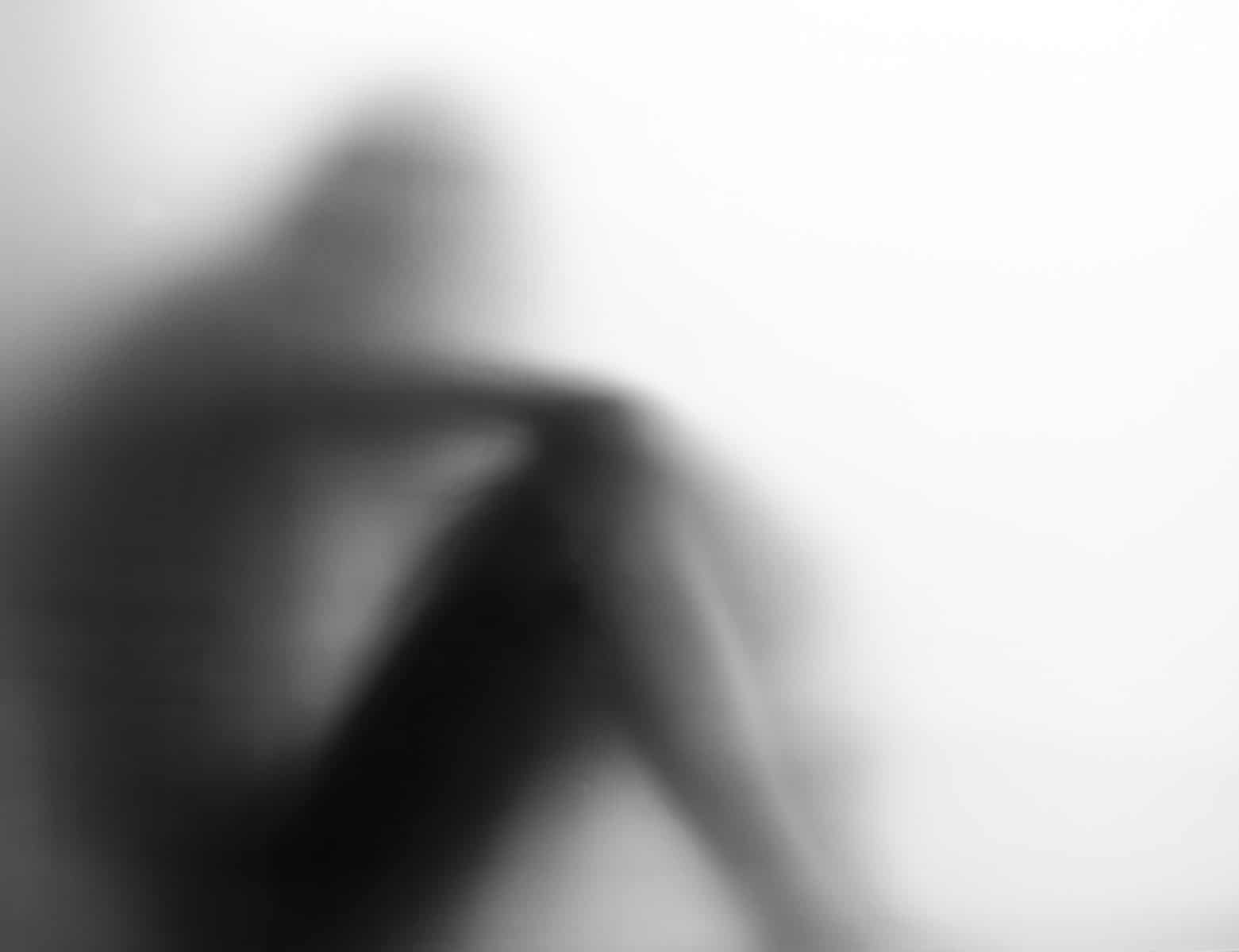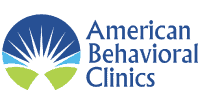
It is natural to grieve when someone passes, but about 8% of adults and 7% of children have difficulty overcoming that grief. When that happens, psychiatrists call it prolonged grief. In order to make the diagnosis, it must have been a year since the person died if the person experiencing prolonged grief is an adult or six months since the person died if the person is a child or adolescent.
Symptoms of Prolonged Grief
People experiencing prolonged grief may spend most of their time crying or missing the deceased person. The symptoms are not the same in everyone, but they may include:
- Feel like part of oneself has died
- Sense of disbelief about the death
- Insomnia
- Avoid activities enjoyed with the person
- Find no meaning in life
- Feel intense loneliness but refuse to engage in activities with friends
- Absence of emotion
Treatment for Prolonged Grief Syndrome
The most common treatment for prolonged grief syndrome is cognitive behavior therapy. A mental health worker will customize the goals of cognitive behavior therapy to your case. Generally, goals may include accepting the reality of the loss, working towards personal goals, and developing a sense of satisfaction in the world without the loved one. Furthermore, cognitive behavior therapy can help with insomnia.
Others experiencing prolonged grief syndrome experience good results from being part of a bereavement group. People often find that connecting with others through the grief process helps them move on with their lives. In most cases, it is vital to participate in groups defined for your age bracket.
It is never easy to lose someone, but most people accept the loss quickly. If you feel like you need help, then reach out to us. We are here to help you create a plan to feel better again. You can enjoy life again and treasure the moments you spent with the one you are missing.
Existing Patients and New Patients, Call us to schedule an appointment, get a prescription refill or just to ask a question:
New Patients ONLY - Want to contact us through a form? CLICK HERE to fill out our contact form.





